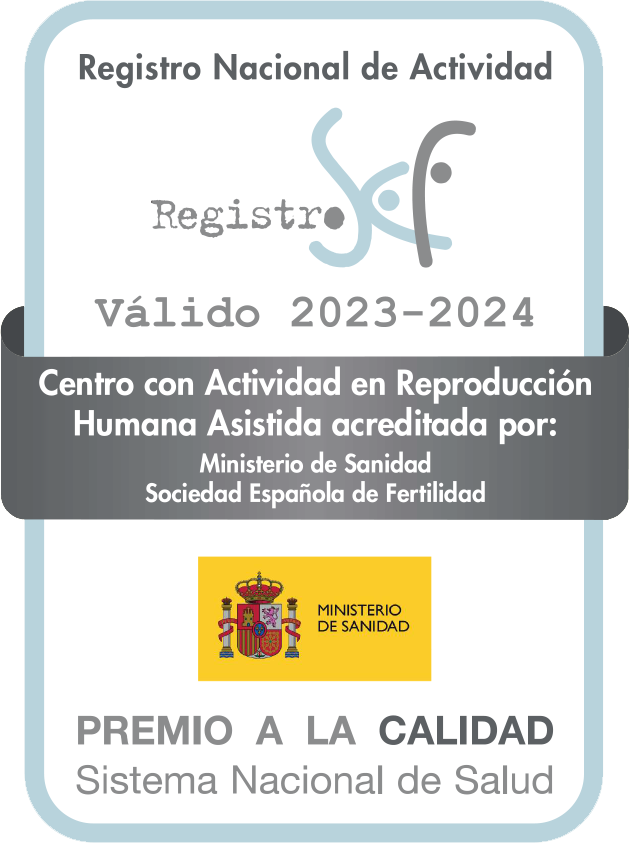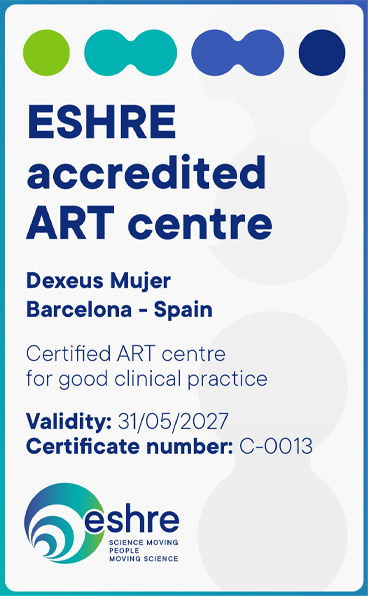Endometriosis
What is endometrosis
Many women experience changes in their menstruation that they consider “part of the cycle” but could be a disease called endometriosis: this is a benign disease caused by the endometrium (the mucous membrane that lines the inside of the uterus) growing in areas of the abdomen where it should not. It can settle forming plaques or cysts that can cause severe headaches and lead to difficulties getting pregnant.
Endometriosis is a disease affecting more around 10% of women of fertile age and could cause two main problems: pain and infertility. It is estimated that 30-40% of women with endometriosis may have difficulties achieving a spontaneous pregnancy.
What are the symptoms
The symptoms of endometriosis vary widely and in some cases there may be none at all. So it is important to see your doctor if:
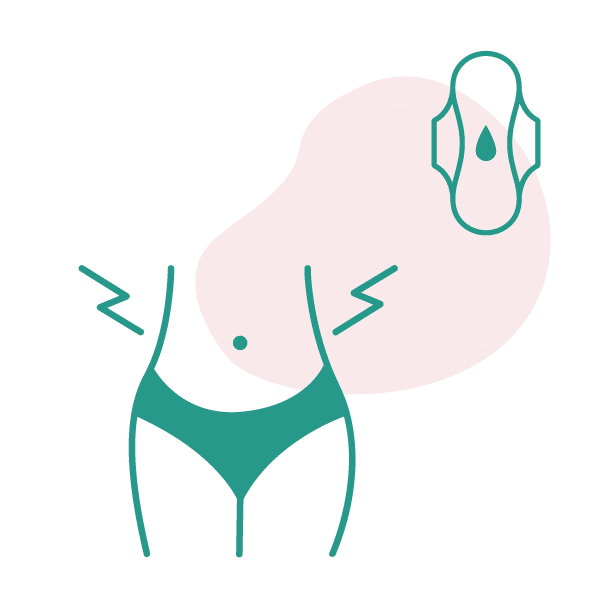
You have severe menstrual pain.

You experience abdominal pain outside your menstrual cycle.
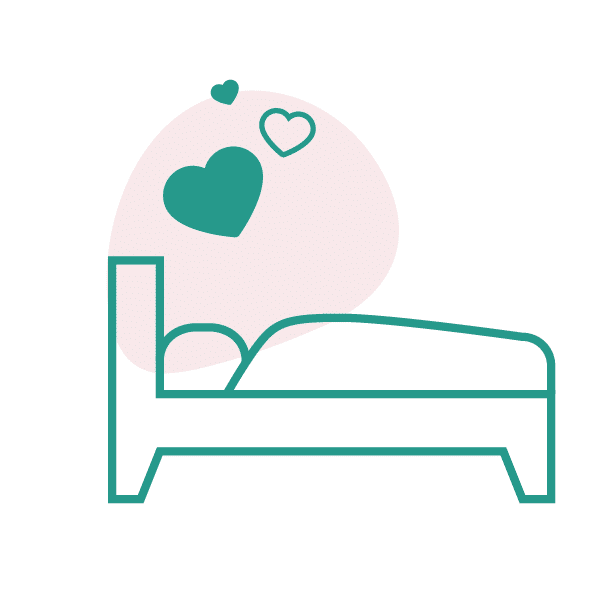
Sexual intercourse is painful.

Your periods become heavier.
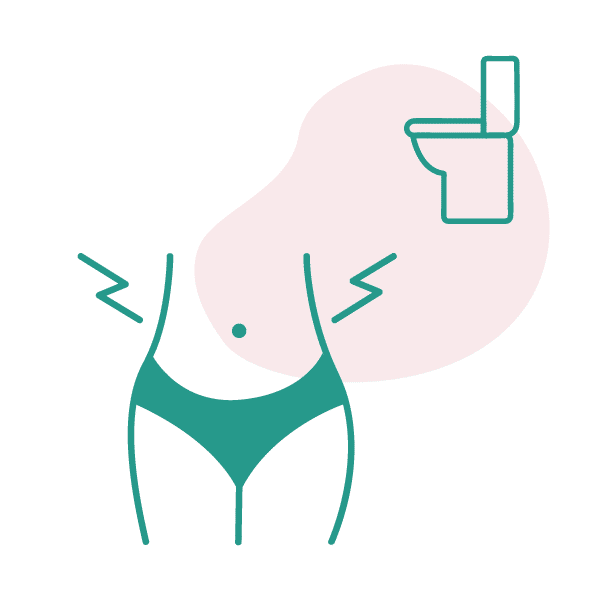
Defecation is painful.
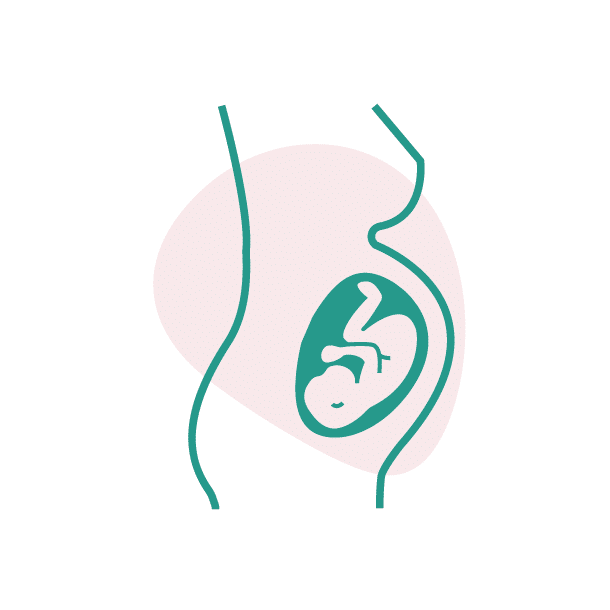
You have fertility issues.

You have nausea or vomiting.
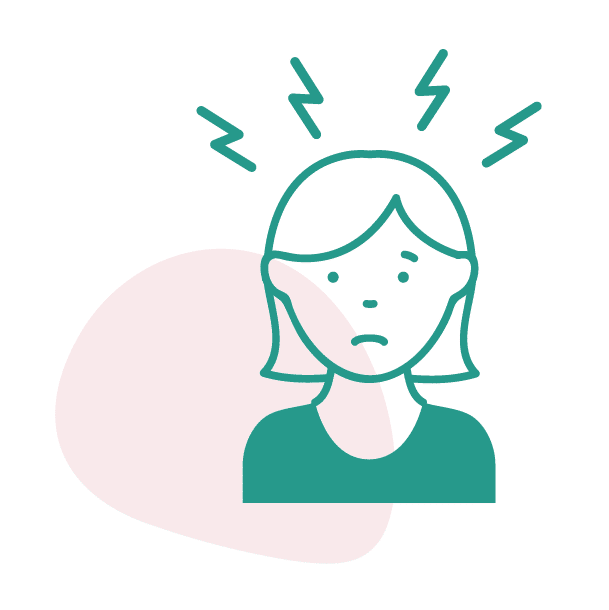
You feel weak, tired and dizzy.
If you have any of these symptoms, don’t delay: make an appointment to see one of our expert gynaecologists.
What’s the solution
Every woman is different, so the diagnosis and treatment will be different in each case. For this reason, a complete examination is essential for deciding the treatment, which will depend on factors such as age, symptoms, the desire to become a mother, etc. So in some cases the solution may be pharmacological, while in others medical and/or surgical treatment may be required.
It can be ensured that the possibility of getting pregnant, if there are no other factors in the couple, increases significantly after the treatment, so it is always advisable.
Additionally, pregnancy has a protective effect on the development of future endometriosis. The ovaries remain at rest during the months of gestation and, therefore, without secretion of female hormones.

